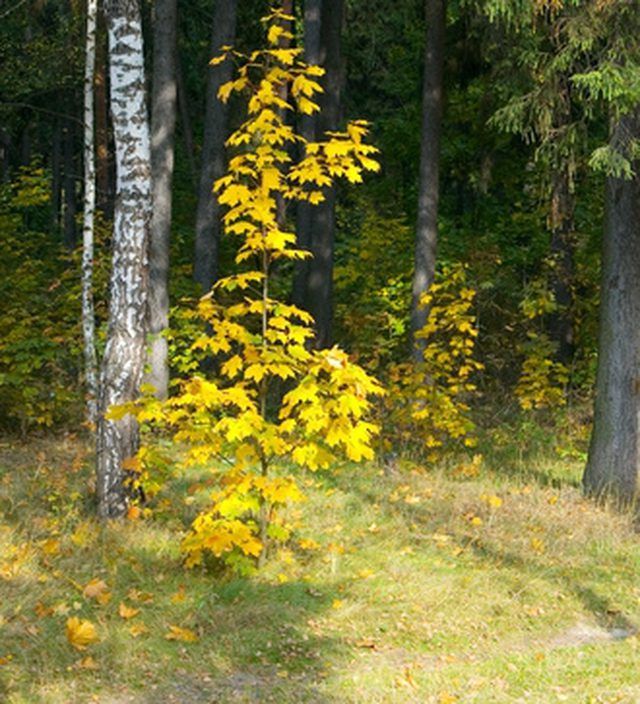Bulbs
Flower Basics
Flower Beds & Specialty Gardens
Flower Garden
Garden Furniture
Garden Gnomes
Garden Seeds
Garden Sheds
Garden Statues
Garden Tools & Supplies
Gardening Basics
Green & Organic
Groundcovers & Vines
Growing Annuals
Growing Basil
Growing Beans
Growing Berries
Growing Blueberries
Growing Cactus
Growing Corn
Growing Cotton
Growing Edibles
Growing Flowers
Growing Garlic
Growing Grapes
Growing Grass
Growing Herbs
Growing Jasmine
Growing Mint
Growing Mushrooms
Orchids
Growing Peanuts
Growing Perennials
Growing Plants
Growing Rosemary
Growing Roses
Growing Strawberries
Growing Sunflowers
Growing Thyme
Growing Tomatoes
Growing Tulips
Growing Vegetables
Herb Basics
Herb Garden
Indoor Growing
Landscaping Basics
Landscaping Patios
Landscaping Plants
Landscaping Shrubs
Landscaping Trees
Landscaping Walks & Pathways
Lawn Basics
Lawn Maintenance
Lawn Mowers
Lawn Ornaments
Lawn Planting
Lawn Tools
Outdoor Growing
Overall Landscape Planning
Pests, Weeds & Problems
Plant Basics
Rock Garden
Rose Garden
Shrubs
Soil
Specialty Gardens
Trees
Vegetable Garden
Yard Maintenance
Winter Grass Fertilizer
Winter Grass Fertilizer. Most lawn care experts agree that fertilizers are important for lush, green grass during the spring and summer. It is also important to properly prepare the lawn for winter in the late fall. According to the All About Lawns website, homeowners should give the lawn a final mow, rake up dead leaves, aerate the soil and give...

Most lawn care experts agree that fertilizers are important for lush, green grass during the spring and summer. It is also important to properly prepare the lawn for winter in the late fall. According to the All About Lawns website, homeowners should give the lawn a final mow, rake up dead leaves, aerate the soil and give the lawn a final watering. In addition to these steps, the lawn care experts at the University of Illinois suggest applying a winter fertilizer.
Winterizer Fertilizers
Winter fertilizers, also known as winterizing fertilizers, are products designed to provide a lawn with adequate nutrient content as it begins to go dormant for the winter. According to the Blades Lawn Care website, Scotts brand of fertilizer was the first company to develop a winterizer fertilizer formula.
Nutrients
According to Blades Lawn Care, the main difference between winter fertilizer brands and common grass fertilizer is the nutrient content in the formula. Fertilizers contain the same three main nutrients: nitrogen, phosphorus and potassium. Common grass fertilizer formula is 29-3-4, meaning the fertilizer is made up of 29 percent nitrogen, 3 percent phosphorus and 4 percent potassium. Winter fertilizers contain more potassium than their standard counterparts. Potassium is shown to improve the cold tolerance of grass. Common winter grass formulas are 22-3-14.
Time Frame
The time frame for applying winter grass fertilizer varies depending on the climate where it is being applied. According to the University of Illinois website, homeowners should apply winter fertilizer to their lawn when the grass stops growing but is not yet frozen. In most areas of the United States, this is sometime in October or November.
Benefits
Applying winter grass fertilizer to the lawn is shown to have some benefits. In addition to helping prepare grass for cold temperatures, these fertilizers improve the grass's root structure. As the weather cools, roots absorb nutrients. Grass growth slows in the cold weather, so the grass is able to store nutrients to provide extra energy for the spring growing season, according to the Blades Lawn Care website.
Warnings
Using a winterizer fertilizer is not foolproof. In sandy soils, winterizer fertilizers may cause groundwater to become contaminated, according to the Blades Lawn Care website. Sandy soils are prone to leaching nitrogen from the plants and fertilizers and water runoff may cause too much nitrogen to be found in groundwater. If a lawn has already begun to turn brown and temperatures have been low prior to applying winter fertilizer, it is best to skip the fall application.